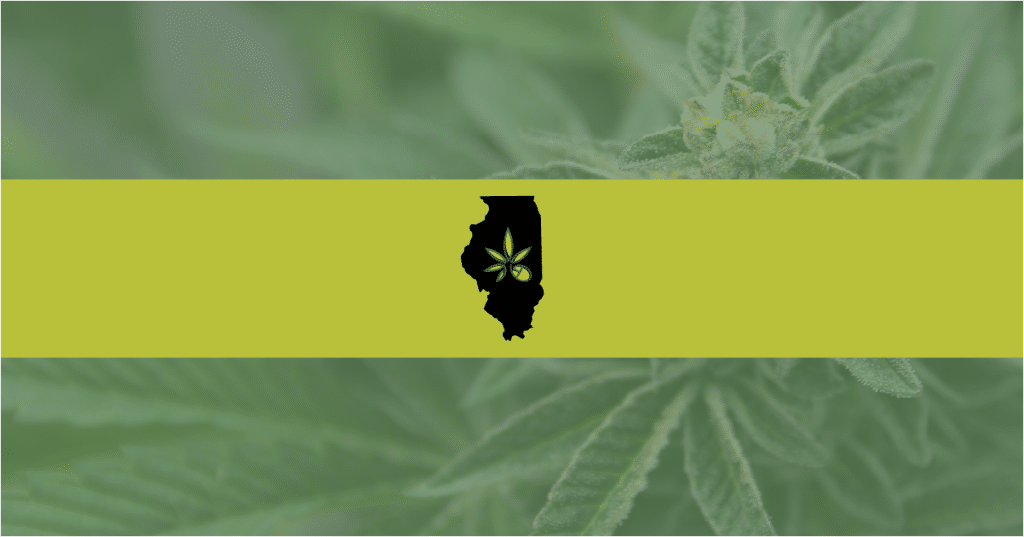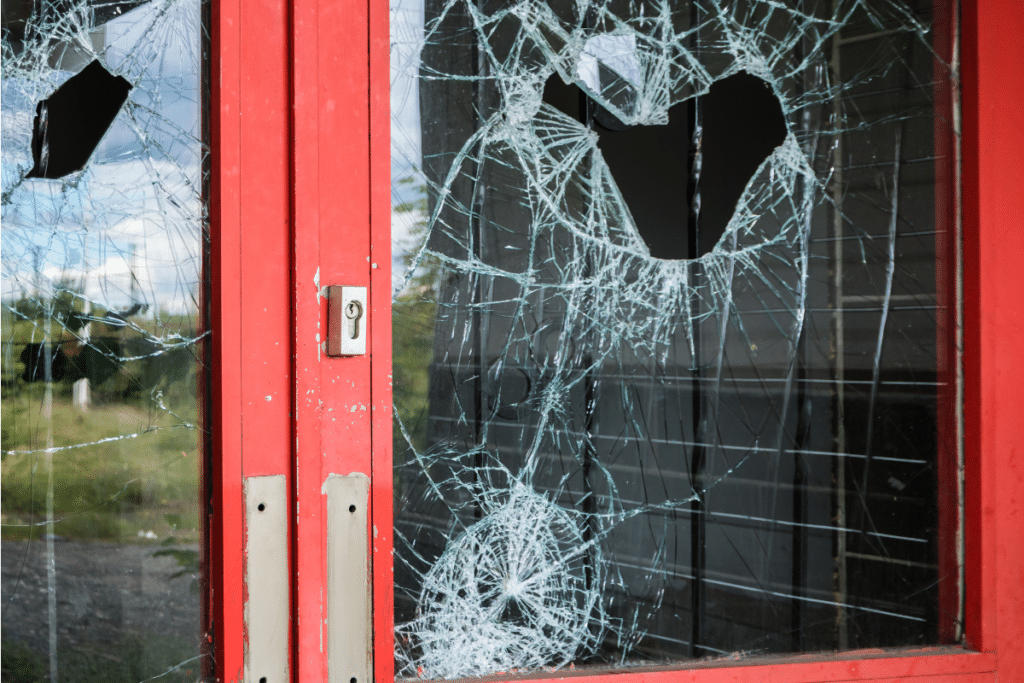In Illinois, the 11th state to legalize recreational marijuana, cannabis advocates are eager to see newfound efforts to combat a highly contentious license awarding process that many have argued unfairly disadvantaged poor and minority applicants.
State Rep. La Shawn Ford has been working with advocates and state officials to find ways to ensure the original intent to support minority business owners in the cannabis industry is carried out and speaking up to demand the state upholds this mandate. The Chicago Sun Times reports, “he [Ford] acknowledged that work won’t be complete until ‘Black and brown people start making money.’”
Are There Any Minority-Owned Marijuana Dispensaries in Illinois?
Initially, there was a goal to prioritize black and brown business owners in this process, with particular priority given to applicants in areas most heavily targeted by the war on drugs. However, it has been a year since licenses were initially awarded, and there is not a single minority-owned cannabis business in the state.
In 2020, Governor J.B. Prtizker planned to allow 75 recreational marijuana dispensation licenses to be awarded by the end of May. However, citing the global pandemic, Illinois pushed back plans to make those licenses available. The delays were followed by a disastrous round of lottery picks for those 75 licenses, during which time only 21 applicants were selected, and only six of them were minority business owners.
The state came back and told applicants to regroup, to review the new guidelines, and to reapply with intent to strengthen their applications to meet requirements.
How This New Legislation Would Open Up Illinois’ Licensing Process
According to the Sun Times News, Edie Moore, the executive director of the influential Chicago chapter of the National Organization for the Reform of Marijuana Laws, told reporters that previous policies “have hindered our people from owning businesses in an industry that is increasing exponentially.” In addition, Moore said there were “serious flaws” in the implementation of the legalization law.”
The legislation that is in the works would call for 110 new dispensary licenses to be distributed by lottery in two separate sessions, in addition to the 75 total licenses that should have already been issued by the state. Also, the bill calls for five new medical marijuana licenses to be awarded, also disseminated via lottery system.
The Governor’s office is showing support for the proposed legislation. According to the Chicago Sun Times, this statement was released, “We welcome the legislation proposed by Rep. Ford in coordination with community stakeholders that aims to address acknowledged shortcomings in the Act,” said spokeswoman Charity Greene. “Holding an additional lottery for conditional adult-use dispensary licenses will not only provide a path to participation in the industry for Illinoisans from all backgrounds but also provide high-scoring applicants from the first round an opportunity to gain a license.”
Going forward, legislators, potential business owners, and advocates are set up to provide an example of how legalizing marijuana should promote social equity, and how it is attainable—even if it means doing difficult work and admitting hard truths. Addressing this most pertinent issue will be an important step in America’s progress in social justice reform, and hopefully Illinois will take a meaningful step toward overcoming this challenge.
Additional Resources:
At The Weed Blog, we strive to produce the latest online news resources regarding marijuana. We also review various strains of cannabis or other edible counterparts. We are committed to helping you find valuable information about marijuana on our website. With marijuana laws constantly changing, learn from us what you can do to promote activism in your area. Otherwise, consider these other top-tier articles regarding cannabis tax revenue:
States Ranked by Recreational Marijuana Tax Revenue
Crime Is Down and Tax Revenue Is up in Denver after Cannabis Legalization
Marijuana Tax Revenue Surpasses Alcohol Tax Revenue in Colorado





